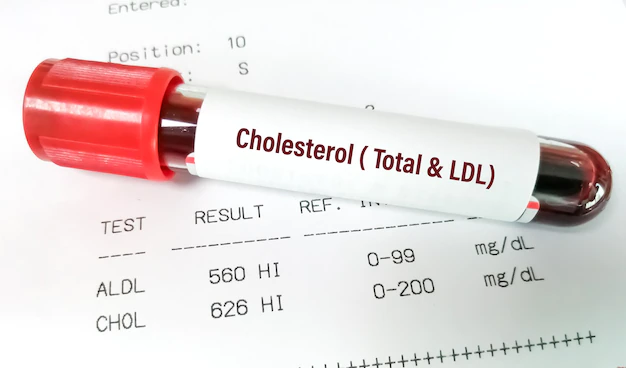Medication for High Triglycerides and Low HDL Cholesterol

In addition to medications that target LDL cholesterol, there are also medications available to help manage high triglycerides and low HDL cholesterol levels, which are other important risk factors for heart disease. Here are some examples:
- Fibrates: Fibrates are a class of medications that can lower triglyceride levels and raise HDL cholesterol levels. They work by activating a protein that helps to break down triglycerides in the liver. Fibrates may also have anti-inflammatory properties, which can be beneficial for people with high triglyceride levels and other risk factors for heart disease.
- Niacin: Niacin, also known as vitamin B3, is a medication that can lower triglyceride levels and raise HDL cholesterol levels. It works by inhibiting the liver’s production of triglycerides and increasing the breakdown of fats. However, niacin can cause side effects such as flushing and itching, and is typically only used in combination with other medications.
- Omega-3 fatty acids: Omega-3 fatty acids are a type of healthy fat that can be found in fatty fish, such as salmon and tuna, as well as in supplements. They can help to lower triglyceride levels and reduce inflammation, which can be beneficial for people with high triglycerides and other risk factors for heart disease.
- Statins: While statins primarily target LDL cholesterol, they can also have a modest effect on triglyceride levels and may help to raise HDL cholesterol levels. They are often used in combination with other medications for people with high triglycerides and other risk factors for heart disease.
It is important to note that medications for high triglycerides and low HDL cholesterol can have their own potential risks and side effects, and their effectiveness in reducing the risk of heart disease may vary depending on individual factors. Therefore, it is important to discuss the potential benefits and risks of these medications with a healthcare provider before starting any new medication for cholesterol control. In addition to medication, lifestyle changes such as regular exercise, weight management, and a healthy diet can also help to manage high triglycerides and low HDL cholesterol levels.
